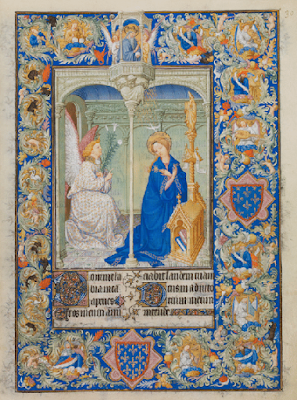In the year 535 A.D., during the reign of the Byzantine Emperor Justinian, there occurred a major climatic event. For a whole year, the sun was described in different parts of the world as shining no brighter than the moon, there was frost in summer, snow in Mesopotamia, dust-storms and drought in China and widespread crop failures, resulting in many years of famine. Studies of tree rings in both Sweden and California have shown years of little or no growth around this time, and dust in Greenland ice-cores has included micro-organisms usually found in tropical seas. All this evidence points to a gigantic underwater volcanic eruption, probably in Indonesia (though some geologists have suggested in Iceland).
This disaster was soon followed by a devastating outbreak of bubonic plague, possibly resulting from sudden climate change having caused the emigration of vast numbers of plague-bearing rhodents from the Central Asian steppe. At its peak in 542, tens of thousands were reported as perishing daily in Constantinople, with the final death-toll possibly as high as half a million.
Prolonged drought in the years after the eruption would have been at least partly responsible for the appearance in Europe after 560 of the Avars, a nomadic Asiatic people, who settled in present-day Hungary and soon established a vast though short-lived empire covering much of central and eastern Europe. In 626 Avar armies appeared outside the walls of Constantinople itself, before they eventually withdrew. Meanwhile, pressure from the Avars forced Slavic tribes to migrate southwards into the Balkans and Greece, and drove the Lombards, a Germanic people, across the Alps into Italy, thus permanently changing the demographic map of Europe.
Many historians see the onset of the "Dark Ages" in western Europe as dating from the mid-6th century, rather than from the end of the Roman Empire in the west in 476.
The Emperor Justinian and his suite: a famous mosaic in the basilica of San Vitale, Ravenna.


